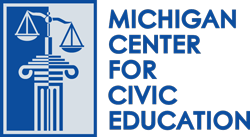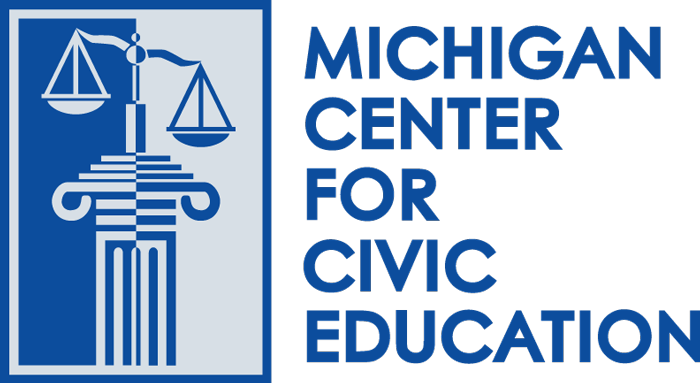This lesson explores some ideas in the Preamble to the Constitution. Students learn that the power to govern belongs to the people who have created the government to protect their rights and promote their welfare.
Civics Lessons
What Basic Ideas About Government Are included in the Preamble to the Constitution?
The Exchange: Should Students’ Cyber Speech Be Protected Under the First Amendment?
This lesson encourages students to deliberate on the issue of cyber speech and the First Amendment. Through the use of court cases and school policy, students will be able to define student expression rights and then evaluate the necessity and constitutionality of censoring and reprimanding students’ online social networking behavior.
Connecting the Separate Powers
In this lesson, students will gain an understanding of the separation of powers using role playing and discussion. Students will identify which parts of the Constitution provide for the branches of our government, and will categorize public officials into one of these three branches.
Moot Court : An Appellate Court Simulation People of the State of Michigan v Booker T. Hudson, Jr.
Students learn about the Michigan Supreme Court, developing oral arguments about an actual case examining Fourth Amendment rights related to search and seizure,
Colonial Influences
American colonists had some strong ideas about what they wanted in a government. These ideas surface in colonial documents, and eventually became a part of the founding documents like the Declaration of Independence and Constitution. But where did they come from? This lesson looks at the Magna Carta, Mayflower Compact, English Bill of Rights, Cato’s Letters and Common Sense.
What Does the Preamble of the U.S. Constitution Mean?
Students compare and contrast the language in preambles to two state constitutions; compare state preambles with the preamble of the U.S. Constitution; draft a new preamble for the U.S. Constitution; and discuss the process of amending the U.S. Constitution
The Exchange: Can Government Prohibit Citizens from Owning Handguns?
This research and deliberation activity encourages students to look at the issue of gun control from different points of view. Then, through deliberation, they will find political measures to address this issue. In any deliberation activity, compromise and listening will play a key role in finding common ground. This lesson is designed to promote an atmosphere of mutual respect for differing points of view on controversial issues.
Matching Game with the U.S. Constitution
By the end of this lesson, students will understand what the Constitution is and
what it does for them; recognize key images related to the
Constitution and its history.
Who can Vote for Student Council President?
Students review hypothetical scenarios and decide who may vote for student council president. Students review constitutional principles states must follow when deciding who can vote.
The Bill of Rights: Debating the Amendments
In this lesson, students examine a copy of twelve possible amendments to the United States Constitution as originally sent to the states for their ratification in September of 1789. Students will debate and vote on which of these amendments they would ratify and compare their resulting “Bill of Rights” to the ten amendments ratified by ten states that have since been known by this name.

